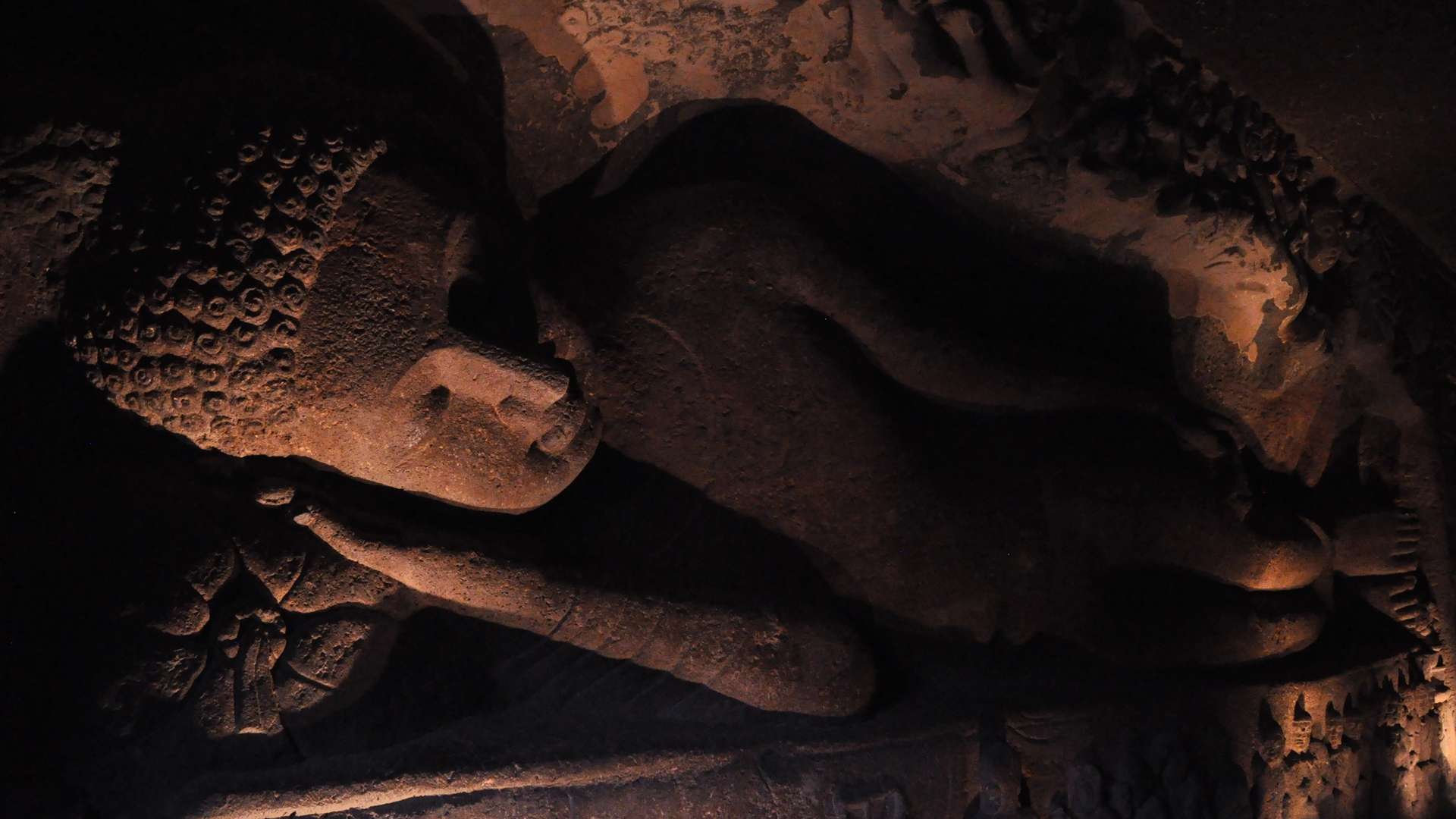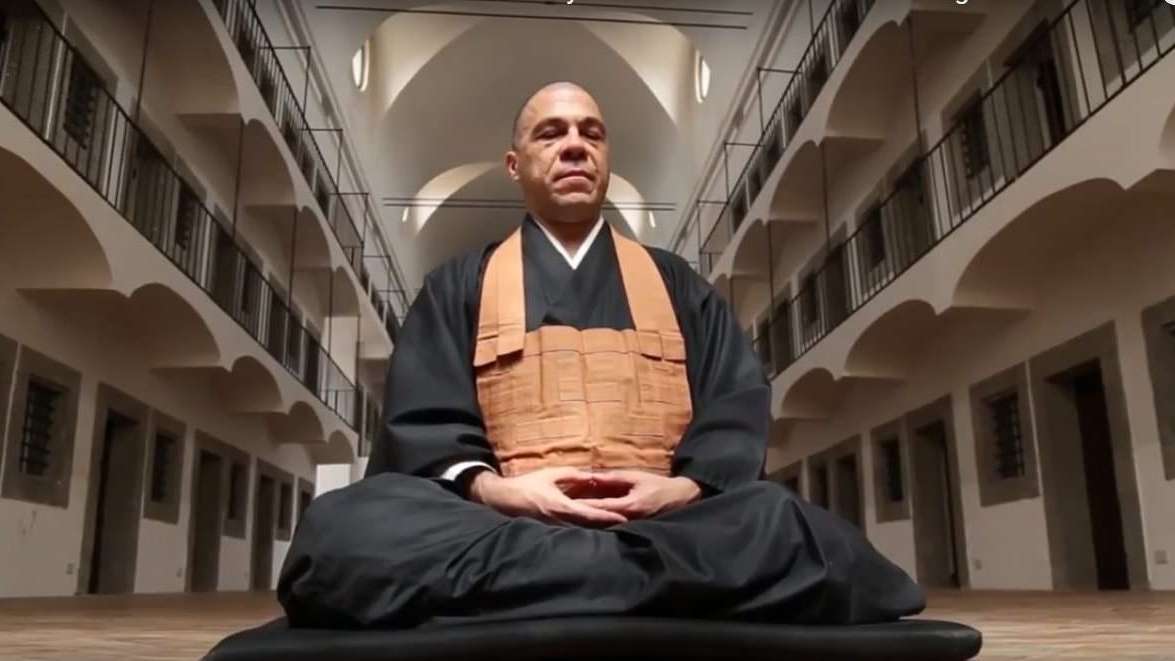Chaplaincy Network
The European Buddhist Union Chaplaincy Network supports Buddhist chaplaincy in Europe as a growing field of spiritual care. Rooted in the Buddha's teachings, chaplaincy offers compassionate support to people of all faiths or none, especially in times of illness, loss, ageing, and dying.
What We Do:
- Support Buddhist chaplains and those in training
- Connect practitioners and share good practice
- Promote training, ethics, and professional standards
- Work with accrediting bodies across Europe
Areas of Focus:
- Prison Chaplaincy
Meditation, reflective and religious practices supporting resilience and personal change. - Healthcare & Palliative Care
Mindful presence, spiritual support, and care in hospitals and hospices. - Training & Education: A two-year Master's in Buddhist Chaplaincy (2027 - 2028) will be soon open to applications.
Learn about Buddhist Chaplaincy
Connect with the Network (Ven. Dario Doshin Girolami)
Explore the Chaplaincy course
Foundation Training in Buddhist Chaplaincy/Spiritual Care

‘The Inner Way’ is a documentary dealing with the very first buddhist meditation course in an Italian prison, led by the zen priest Dario Doshin Girolami. For more than 8th years Dario has been teaching meditation in the largest prison of Rome to the inmates. Images, words, sounds and silences will accompany Dario’s narration, his questions to the inmates, their answers, and their accounts of past and present experiences, and future expectations. A future sometimes for ever linked to the prison walls but, thanks to the meditation, not so unbearable.
Support us with a donation
Your support is needed for our work to do good and
represent Buddhists on an European level
CLICK HERE TO DONATErepresent Buddhists on an European level
